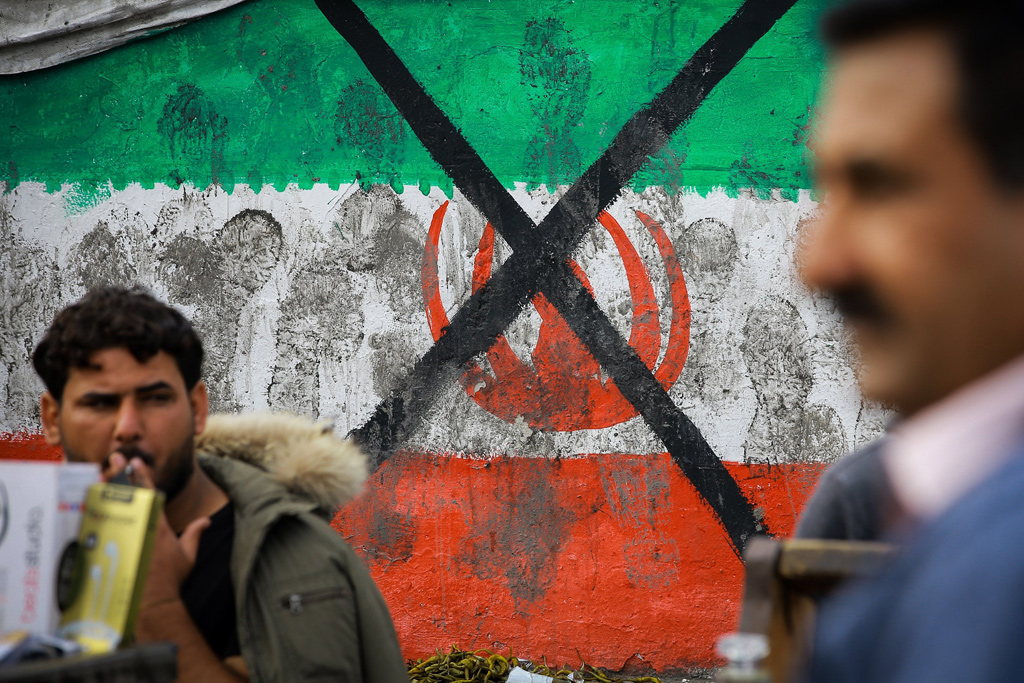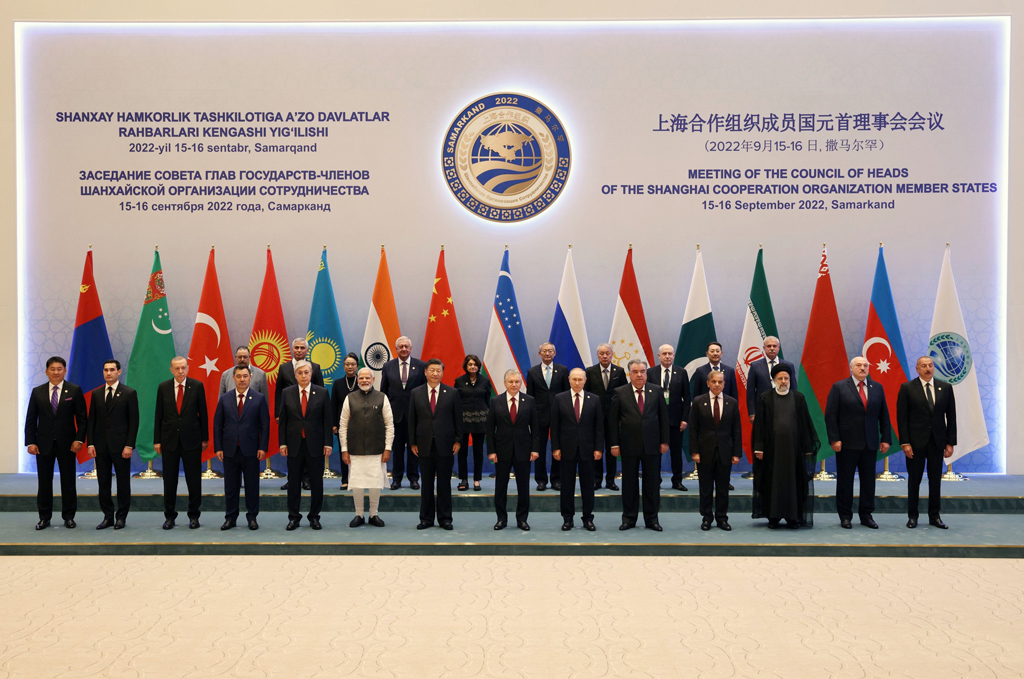Zarif's words
Therefore, many Iranian officials began to criticize Turkey, the leading Sunni Muslim state in the region, for its defensive operations in the region. For example, Iranian Foreign Minister Javad Zarif expressed that they “reject Turkey’s military existence in Syria and Iraq” and claimed that Turkish “foreign policy is wrong.” Following Zarif’s footsteps, Iraj Masjedi – who is Iran’s ambassador to Iraq, was a member of the Revolutionary Guard for more than 35 years and was also one of the former top advisors to Qassem Soleimani – has claimed that “Turkey must leave Iraq and respect borders.” In the same line, Iranian-backed militias attacked the U.S. base in Irbil. This was a direct act of intimidation against the U.S. and an indirect message to Turkey’s military campaign in northern Iraq. Thus, Iran has been trying to gain the upper hand in the region. As mentioned above, these and similar explanations are generally made by the Iranian officials when the U.S. is expected to improve its relations with Iran. In other words, whenever Iran attempts to raise the stakes for the U.S. government and is close to signing an agreement with the U.S., it behaves in an arrogant manner towards regional actors. Iran and the U.S. have been benefitting from their respective perceived threats. While Iran exaggerates the power of the so-called “resistance axis” in order to secure legitimacy for its domestic and foreign policies, the U.S exaggerates the perceived threat from Iran and its proxies to provide reasoning for its regional policy.US-Iran limitlessness
However, when it comes to Iraq, both Iran and the U.S. continue to control the state policy. Iran politically entered Iraq after the invasion of the country by the U.S. in 2003. The U.S. and Iran have “worked together” to build a “new” but “dependent” Iraq. Each state has established some proxy institutions within the Iraqi state, and now the Iraqi state is divided between the Iranian and the American spheres of influence. While the U.S. is more effective in the official structure, Iran has intervened in Iraq's domestic affairs mostly through non-official institutions. For example, the Iranian-backed Hashd al-Shaabi (Popular Mobilization Forces – PMF) militias, which are used not only against Daesh but also against the Sunni population, are considered a “state within the state” by many observers. In spite of the heavy intervention of the U.S. and Iran into the domestic affairs of Iraq, Iran blames Turkey for taking measures against terrorist infiltrations from Iraq into Turkey and opposes Turkey for using its legitimate rights for self-defense. Therefore, as pointed out by Fatih Yıldız, Turkey’s ambassador to Baghdad, Iran is the last state to teach Turkey a lesson regarding Iraq. While Turkey’s presence is limited to some parts of the country for self-defense, Iran has established its presence throughout the country. Not just the pro-Iranian Iraqi militias but also the Revolutionary Guard have spread across Iraq, shaping the policy of the state. All in all, Iran has to stop its counterproductive policies and minority-minded regional perspective in order to escape from its perceived encirclement. If Iran continues its anti-Turkey stance and supports anti-Turkey actors in the region, Turkey may change its tune and counter Tehran’s irredentist and destabilizing moves in the region. Turkish officials may speak up against the Iranian presence not only in Iraq and Syria but also its presence through its proxies in other regional countries such as Yemen (Ansarullah) and Lebanon (Hezbollah).
[Daily Sabah, March 3, 2021]








